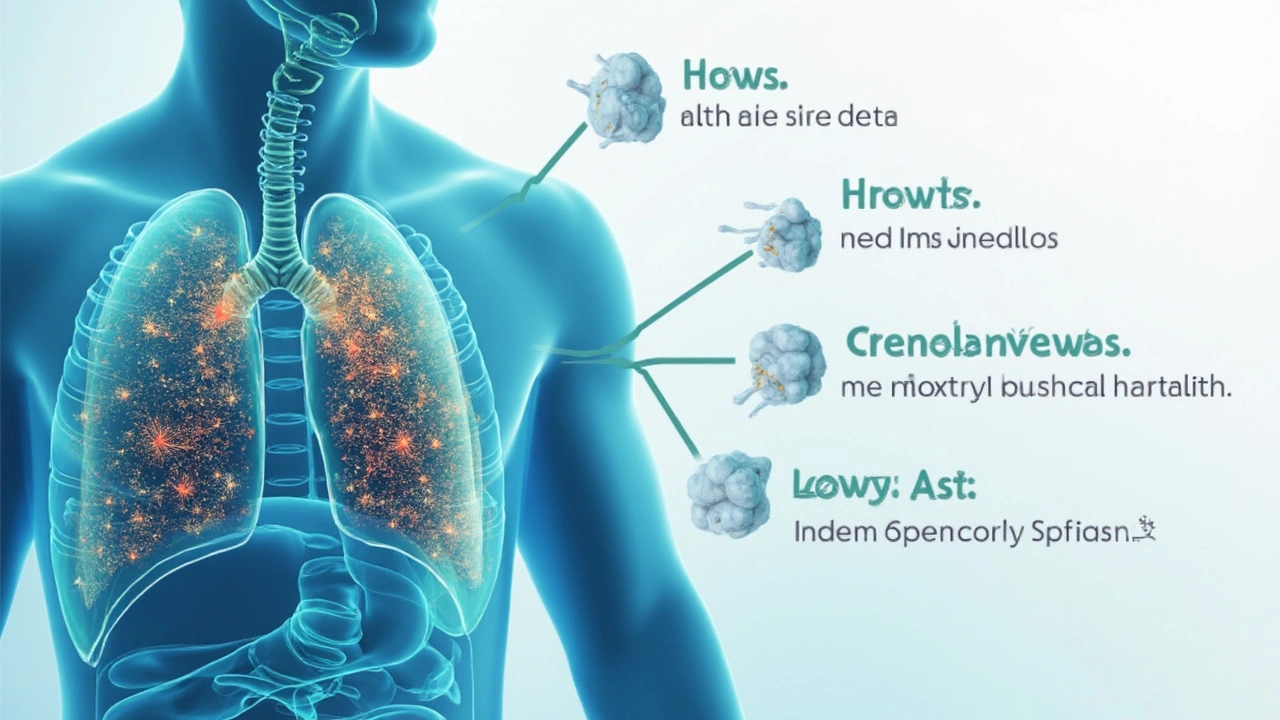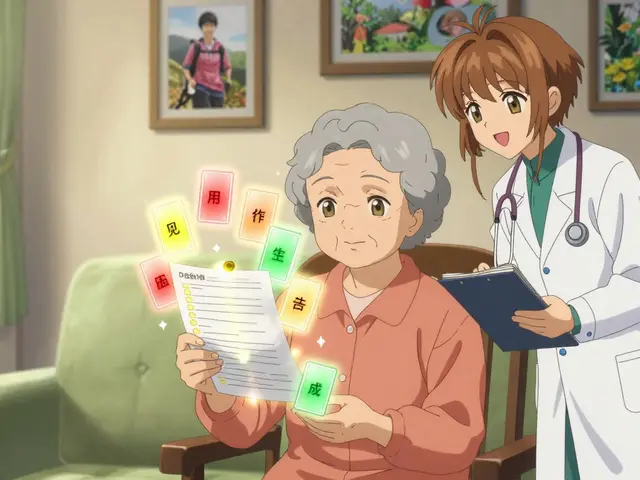Allergy Treatment: What Works Right Now
If you’re tired of constant sneezing, itchy eyes, or a stuffy nose, you’re not alone. Allergies affect millions, and the good news is you don’t need to suffer in silence. Below are practical steps you can take today, whether you prefer a quick pharmacy fix or a natural approach.
Quick Over‑the‑Counter Options
First up, the meds you find at any drugstore. Antihistamines like cetirizine, loratadine, or fexofenadine block the chemical messengers that cause itching and runny noses. They work within an hour and usually last 24 hours, so you can pick a once‑daily pill that fits your schedule.
Don’t forget nasal sprays. A saline spray clears mucus, while a steroid spray such as fluticasone reduces swelling inside the nose. Use them twice a day for a week, and you’ll notice less congestion and fewer nighttime awakenings.
If you need fast relief for severe reactions, keep an epinephrine auto‑injector handy. It’s the only thing that can reverse a life‑threatening allergy attack. Make sure friends or family know where it is.
Natural Ways to Calm Allergies
Many people want to avoid pills when possible. One simple trick is to rinse your sinuses with a neti pot using a sterile salt solution. It washes out pollen and reduces inflammation without any chemicals.
Local honey is another popular remedy. The idea is that tiny amounts of local pollen in the honey can help your body build tolerance over time. While the evidence is mixed, many users swear by a spoonful a day during peak season.
Herbs like butterbur and quercetin have antihistamine properties. Butterbur tablets (standardized to petasin) can cut down on sneezing, and quercetin—a flavonoid found in apples and onions—helps stabilize mast cells that release histamine. Start with low doses and talk to a pharmacist if you’re on other meds.
Don’t overlook lifestyle changes. Keep windows closed on high‑pollen days, use HEPA filters in your bedroom, and wash bedding weekly in hot water. A quick shower before bed can remove pollen from your skin and hair, preventing nighttime symptoms.
Finally, tracking your triggers can save you a lot of hassle. Use a simple phone note or an allergy app to log when symptoms flare up and what you were exposed to. Patterns emerge quickly, and you’ll know which outdoor activities or foods to avoid.
Allergy treatment doesn’t have to be complicated. Combine a reliable OTC med with a few natural habits, and you’ll cut down on sneezing, itching, and congestion faster than you think. Give one or two of these tips a try today, and notice the difference tomorrow.
6 June 2025
Tessa Marley
Wondering what Singulair is really doing in your body? This deep dive uncovers how Singulair (montelukast) works, its benefits for asthma and allergies, the surprising side effects you don't hear enough about, and the key conversations to have with your doctor before starting. Get the plain facts and practical tips on safer use.
Continue Reading...






